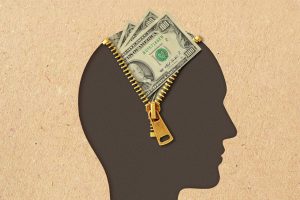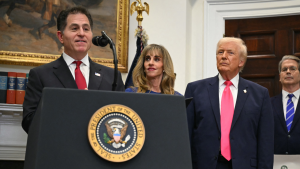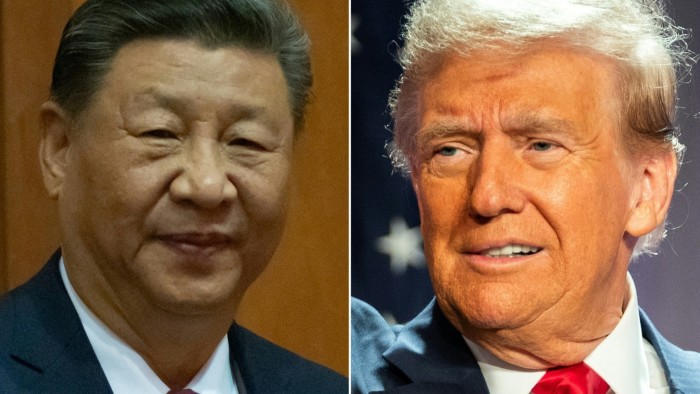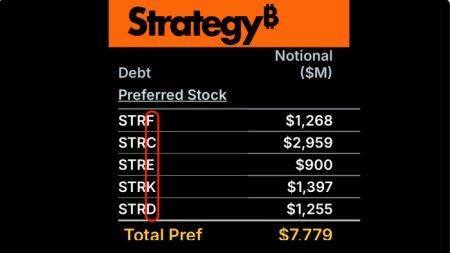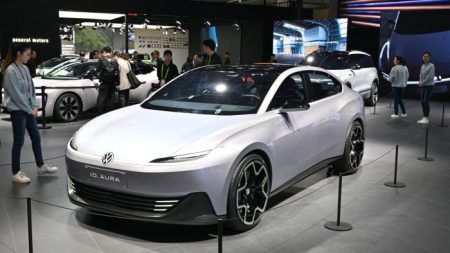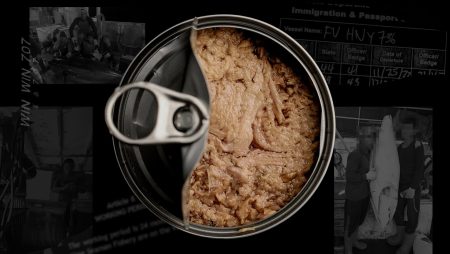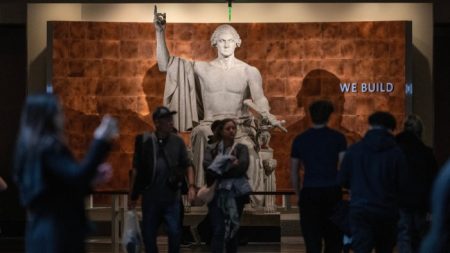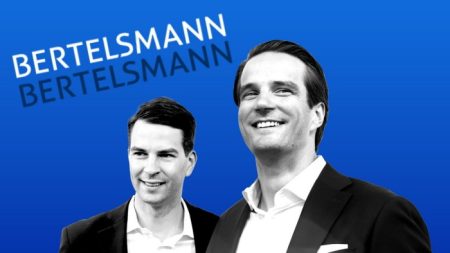Unlock the White House Watch newsletter for free
Your guide to what the 2024 US election means for Washington and the world
Donald Trump has held his first call with China’s President Xi Jinping since leaving the White House in 2021, with the two leaders discussing the fate of TikTok just before the Supreme Court upheld a law to ban the app in the US.
The conversation between the leaders was their first in four years and came just two days before the law is due to take effect, forcing app stores to stop offering it to users.
“I just spoke to Chairman Xi Jinping of China. The call was a very good one for both China and the U.S.A.,” Trump wrote on his Truth Social media platform on Friday. “We discussed balancing Trade, Fentanyl, TikTok, and many other subjects. President Xi and I will do everything possible to make the World more peaceful and safe!”
China’s Ministry of Foreign Affairs said the two leaders agreed to “set up a channel of strategic communication to keep in regular touch on major issues of shared interest”.
While it painted a positive picture of the call, the ministry said Xi warned Trump that the US should approach the “Taiwan question” with what it called “prudence”.
Beijing claims sovereignty over Taiwan and has refused to rule out using armed force to occupy the island.
Trump’s incoming national security team has been in contact with Beijing, but the call between the Chinese leader and incoming US president marks the first direct conversation between the men in four years.
The call comes three days before Trump is inaugurated at a ceremony that will be attended by China’s vice-president Han Zheng, marking the first time a top Chinese official has attended a US inauguration.
The Financial Times reported last week that Xi would send an envoy to Washington after Trump invited the Chinese leader to attend the event.
Some Trump advisers had hoped Beijing would send Cai Qi, a member of the Politburo Standing Committee who is very close to Xi and wields much more power than Han, who sometimes stands in for Xi in ceremonial roles.
Washington and Beijing are waiting to see what kind of China policy Trump will unveil at the start of his administration. He has threatened to impose tariffs on imports from China and many other countries but it is unclear whether he will do so to gain leverage for negotiations with Beijing or whether he will start negotiations over a possible trade deal with China and apply tariffs if the talks are not successful.
The conversation comes two days before US app stores are obliged to stop carrying TikTok, the video-sharing app that has been downloaded by more than 170mn Americans. The law — upheld in a Supreme Court ruling on Friday morning — bans the app unless its Chinese owner ByteDance sells the platform.
Trump has expressed support for TikTok, raising questions about whether his administration will prosecute companies that violate the law.
US-China relations plummeted to their lowest point since the two countries established diplomatic relations in 1979 during the Biden administration over issues ranging from US export controls to differences over Taiwan.
While Biden and Xi succeeded in partially stabilising relations over the past year, the countries remain at loggerheads over a range of issues, including Chinese support for Russia’s full-scale invasion of Ukraine.
Trump has named several vocal China hawks to serve in his administration, including Mike Waltz as US national security adviser and Marco Rubio as secretary of state.
Scott Bessent, the nominee for Treasury secretary, this week said Trump would push China to buy more US agricultural produce, such as corn and soyabeans which were part of a narrow trade deal he did with China last time.
Bessent said Trump would also be aggressive in imposing export controls that would affect China. Beijing has frequently slammed the Biden administration for introducing tough export controls on chips and technology related to artificial intelligence in an effort to slow down the modernisation of the People’s Liberation Army.
But China experts are watching closely to see if some of the technology billionaires in Trump’s orbit, such as Elon Musk, will attempt to convince the incoming president to take a less tough stance on the issue.
Read the full article here
